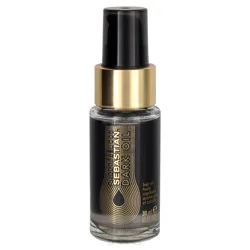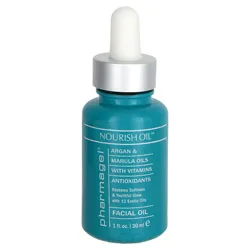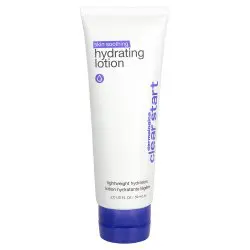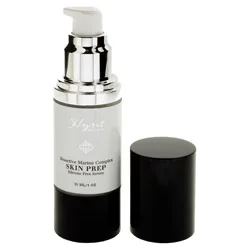Carrier oils are made from plants. They are unscented or lightly scented and are used in beauty products to deliver the benefits of essential oils.
Essential Oils are oil loving compounds that quickly evaporate and do not mix with water. Essential Oils are highly concentrated. They can often irritate the skin if applied without being diluted, and since they don't mix with water, they are mixed with a "carrier" oil in order to prevent quick evaporation and to help them penetrate the skin and hair.
Beauty product formulas use many different carrier oils, sometimes as many as two or three, depending on what product they are making and for what purpose. Different carrier oils provide different benefits. Carrier oils can penetrate the skin or seal the skin. Combined with specific essential oils, they provide the benefits of the end product.
The most common carrier oils include:
Coconut oil. It contains nourishing fatty acids and polyphenols.
Jojoba Oil. It is extremely moisturizing and closely mimics sebum, the skin's natural oil. It also absorbs easily in the skin without clogging pores.
Apricot Kernel Oil. High in fatty acids and vitamin E, it can also calm irritate skin.
Sweet Almond Oil. It's very lightweight and absorbs easily, while still being a great moisturizer.
Olive Oil. It's full of fatty acids and plant sterols so you'll often find this as an ingredient in skin cleansers.
Argan Oil. Very rich in Vitamins A and E as well a monounsaturated fatty acids, it is often used for both dry skin and dry hair and as an ingredient in anti-aging products.
Rosehip Oil. High in Vitamins A and C, both of which help fight the signs of aging and to help reverse sun damage.
Grape seed oil. High in Vitamin E, it helps heal skin and reduce wrinkles
Avocado Oil. Very high in oleic acid to help dry and damaged skin. It may increase sebum production, so should be avoided if your skin is acne prone.
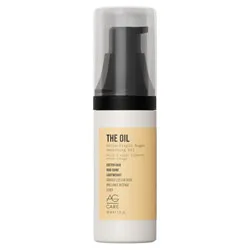
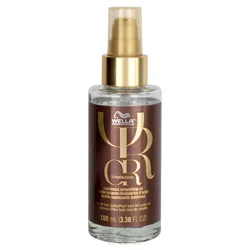
 write a review
write a review
